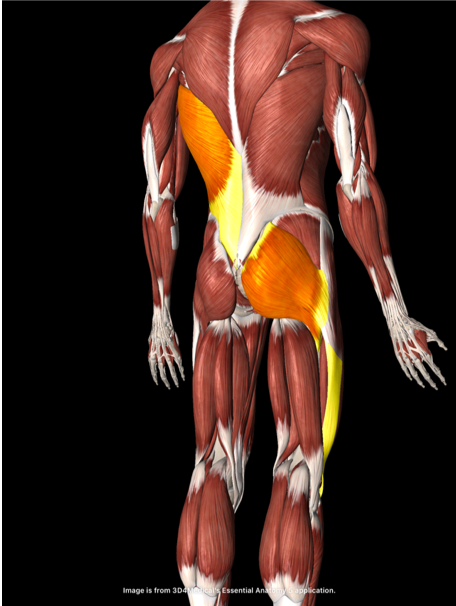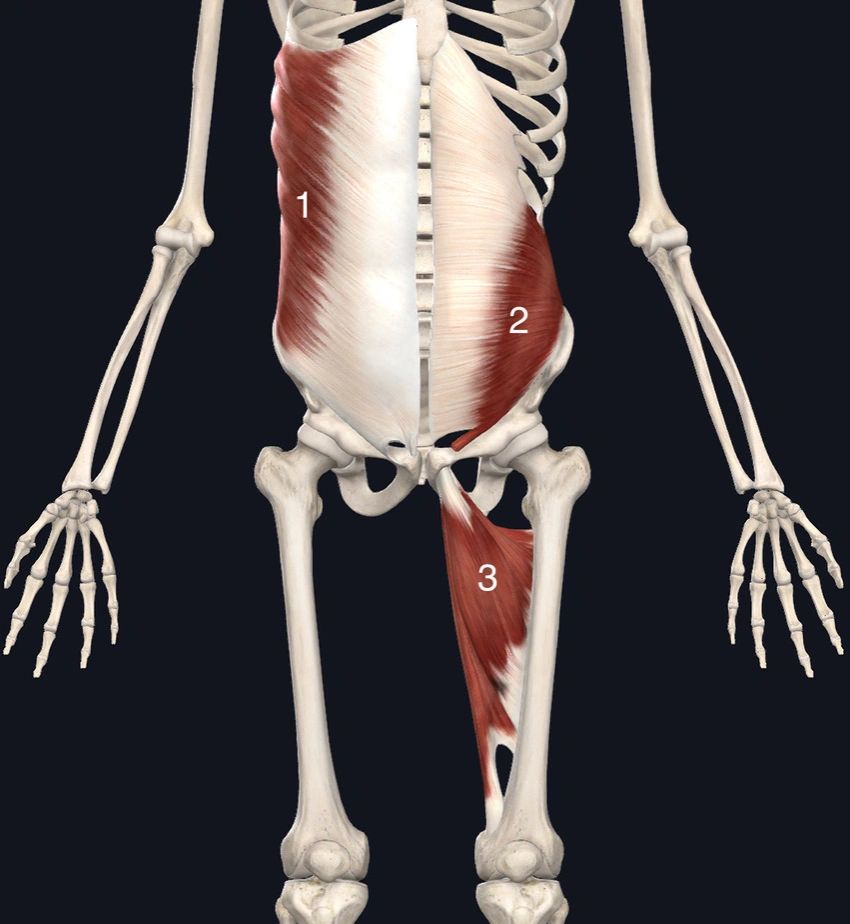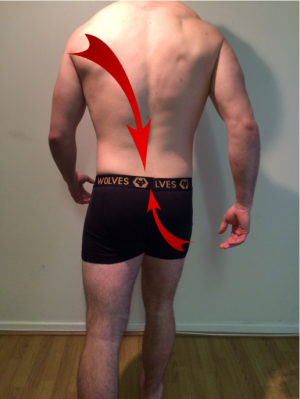Roads & PavementRoads & Pavement
Barefoot
Minimal
Low
Medium
High
Maximal
All around running shoes offer comfort and cushioning for daily runs, jogs, walks, and long mileage. They offer enough versatility for both faster and slower runs and are a great option for those who want one running shoe to do it all.
Fast run or uptempo running shoes are lightweight and responsive. They offer streamlined designs that have minimal uppers and offer a high level of energy return. These shoes are a great option for faster runs in the week or those looking for a livelier experience.
Max Cushion shoes offer premium cushioning with ample ground protection and a stable ride. These types of shoes provide abundant impact protection that softens landings while running at any pace or distance. These types of shoes are best for slower recovery runs and easy days where comfort takes priority.
Racing shoes are designed with optimal performance in mind. These types of shoes have snug-fitting uppers, energetic midsole foams, and features implemented for maximum efficiency. These types of shoes are best for runners looking to gain the ultimate advantage in races but may sacrifice some durability and comfort.
Gym Workout shoes offer a stable and versatile ride. They have a firmer underfoot feeling that provides stability for lateral movements with comfortable uppers. These types of shoes are best for trips to the gyms, cross training, casual wear, and light running. Running The Anterior Oblique Sling
Road running shoes feature smooth outsoles that are designed for running on paved surfaces such as roads, sidewalks, and bike paths.
Designed to handle most trail runs, these shoes prioritize comfort and a smooth ride. These shoes are great for anything from smooth singletrack, park trails, and fireroads making them ideal for those who run from their doorstep on streets before hitting the trail.
These shoes are best used for hard, rugged trails such as shale, granite or sandstone where grip on smooth surfaces and underfoot protection are important.
Designed for use in muddy, soggy conditions, these shoes feature very aggressive outsoles that dig deep into soft ground for exceptional traction.
These shoes feature technical outsoles designed to grip snowy and icy trails making them ideal for winter trail running.
Cushioning level, or stack height, refers to how much shoe is between your foot and the ground. For this category, we reference the amount of cushioning below the forefoot as the heel height will be equal to or greater than the forefoot height.
Posterior Oblique Muscles and Exercises OSR Physical Therapy
0-13mm. The Shoe generally does not have a midsole and feels like there is no cushioning. This shoe is all about feeling the ground underfoot.
14-18mm. The shoe has a thin midsole that allows for a natural running experience. Racing shoes and minimalist shoes are common here. These shoes offer a feeling of being connected to the road or trail.
19-23mm. The shoe has a slightly cushioned feel and may feature added cushioning technologies. Performance training shoes and some trail shoes are common here. These offer protection during footstrike but prioritize a lightweight, grounded experience.
24-28mm. These shoes have a stack height that fall near the middle of the spectrum.The shoes in this category are verstaile and great for all types of runs and distances.
29-34mm. The shoe has a thick midsole and ample cushioning. These shoes are highly protective and absorb more impact than the body.
35mm plus. The shoe has an extremely thick midsole and extra cushioning. The focus is on protection and soft foam underfoot with hardly any ground feel.
Neutral shoes support the foot through a normal range of arch collapse and generally do not have a built-in technology to correct movement.
Stability shoes are a great option for those who overpronate or need added support. These shoes help to limit the inward rolling motion of the ankle while running or walking and assist in guiding the foot straight through the gait cycle. Anatomy Slings and Their Relationship to Low Back Pain Physiopedia
Product Details:
Anatomy Slings and Their Relationship to Low Back Pain Physiopedia sales, The anterior oblique sling consists of the external and internal obliques the opposite side adductor muscle and the connecting adductor abdominal fascia. The anterior oblique sling plays a huge role sales, Slings and Swings sales, The Role of Myofascial Slings in Triathlon Part One sales, How to Perform Oblique Sling Exercises YouTube sales, Fascial Slings A Straightforward Approach for Training sales, Oblique Sling Exercises Using Resistance Band Steel Mace SET sales, Oblique Sling Exercise Progressions and Assessment P rehab sales, Myofascial Slings Jnana Myotherapy sales, Oblique Sling Disc Golf Course Review sales, Running The Anterior Oblique Sling sales, P rehab on Instagram sales, Anatomy Slings and Their Relationship to Low Back Pain Physiopedia sales, Activate Your Seat The oblique slings Inside leg to sales, Flowist 64 Golf Anterior Oblique Sling Animal Flow sales, Anterior and Posterior Oblique Sling Assessment sales, The FIT Facility The Fascial Sling System and Its Impact on sales, ANTERIOR OBLIQUE SLING WORK . This is a nice post on some sales, Posterior Oblique Sling Exercise Progression P rehab sales, Oblique Slings The Secret to Athletic Performance Strength sales, THE POSTERIOR OBLIQUE SLING CONTROLLING ROTATIONAL FORCES MOOV sales, Prehab on X sales, Luca Baroni trainer POSTERIOR OBLIQUE SLING myofascial sling sales, Improving Your Athletic Movement Evexia Health Performance sales, The posterior oblique sling sportEX journals Flickr sales, Outer Unit Anterior Oblique Sling Diagram Quizlet sales, The Posterior Oblique Sling Barbell deadlift Deadlift Hip muscles sales, Oblique Sling Exercises Using Resistance Band Steel Mace SET sales, Orthopedic Pelvic Health Physical Therapy and Restorative sales, The Prehab Guys OBLIQUE SLING EXERCISE PROGRESSIONS AND sales, Why You Should Activate Your Sling System sales, Postural Dysfunction and Exercise Therapy What are they sales, Anterior Oblique System Core stabilisation Part 1 sales, Ever wondered what a Sling system is Move Physiotherapy and Fitness sales, Two Easy Exercises Everybody Should Be Doing ATP sales, Anterior Oblique Sling Exercise Progression Train Your Core Better sales, Anatomy Slings and Their Relationship to Low Back Pain Physiopedia sales, Posterior Oblique Muscles and Exercises OSR Physical Therapy sales, Running The Anterior Oblique Sling sales, Postural Dysfunction and Exercise Therapy What are they sales, The Role of Myofascial Slings in Triathlon Part One sales, Posterior oblique sling exercise sales, Fascial Slings A Straightforward Approach for Training sales, Are You Training Your Core Slings Part 1 sales, Postural Dysfunction and Exercise Therapy What are they sales, Oblique Slings The Secret to Athletic Performance Strength sales, Are You Training Your Core Slings Part 1 sales, Anterior and Posterior Oblique Slings sales, The sling systems of the body and functional movements Sydney sales, Oblique Sling Exercise Progressions and Assessment P rehab sales, Product Info:
Oblique sling sales.
- Increased inherent stability
- Smooth transitions
- All day comfort
Model Number: SKU#7441210





